2026 Plenary Speakers
2026 Plenary Speakers:
Sible Andringa
Susan Gal
Becky Huang
Scott Jarvis
Ruanni Tupas
Viorica Marian
Towards Equitable Open Access: Reimagining Publishing Practices for Applied Linguistics
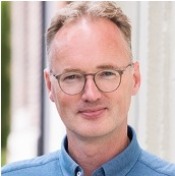
In recent years, the field of applied linguistics has made significant strides towards more transparent research practices. Journals in our field almost always offer options for open access publication and wonderful repositories have been developed that allow scholars to share their research instruments, analysis scripts, and datasets. This leads to more transparency and better opportunities to profit from each other’s wisdom. We have also witnessed the creation of databases that make our research accessible far beyond academic communities, such as the OASIS database and the Language Learning Task Bank, which significantly contribute to increasing the impact of the research generated by our field.
These wonderful developments are driven by our desire to be more visible as scholars, to produce better research, and to allow anyone to benefit from our findings. Meanwhile, the publishing industry has recognized these desires and has managed to turn open access publication into a highly profitable enterprise. A recent study estimates that scientists collectively paid $8.349 billion in open access fees to six large publishers between 2019 and 2023, with figures in 2023 tripling compared to those in 2019. Publishing open access has become big business to such a large extent that our goals of increased transparency, equity, and better science are jeopardized. Open access publishing is primarily available to affluent scholars, and so-called ‘predatory’ publishing has emerged, which is driven more by economic concerns than quality concerns. These developments pose serious threats to the diversity and trustworthiness of the research our field generates.
We are increasingly caught in a system where our ideological and personal desires may, in fact, fuel the rapid commercialization of open access publishing, which in turn leads us away from the very goals the open science movement aims to achieve. In this talk, I will delve into these dynamics, discuss the forces at play, and present data that offer insights into how we can move towards publication practices that are truly equitable.
Sible Andringa is a full professor of second language pedagogy at the modern foreign languages department of the University of Amsterdam, the Netherlands. He specializes in second language acquisition and take a keen interest in bi- or multilingual development in educational settings. His research focuses on the role of metalinguistic awareness in language learning. He investigate the cognitive mechanisms underlying language learning, the role of individual differences, and the impact of instructional methods. His work spans a variety of educational settings, including projects on bilingual development in early childhood education and care and emerging literacy in adult education. Sible values transparency and openness in research highly. He was part of the initial OASIS team and is still involved as co-lead (https://www.oasis-database.org). He is also editor-in-chief of the Dutch Journal of Applied Linguistics (DuJAL), a journal that flipped from a subscription-based model to a free-of-charge open access model.
Authoritarian Discourse Tactics: Transdisciplinary ways to analyze them in Hungary and the US.
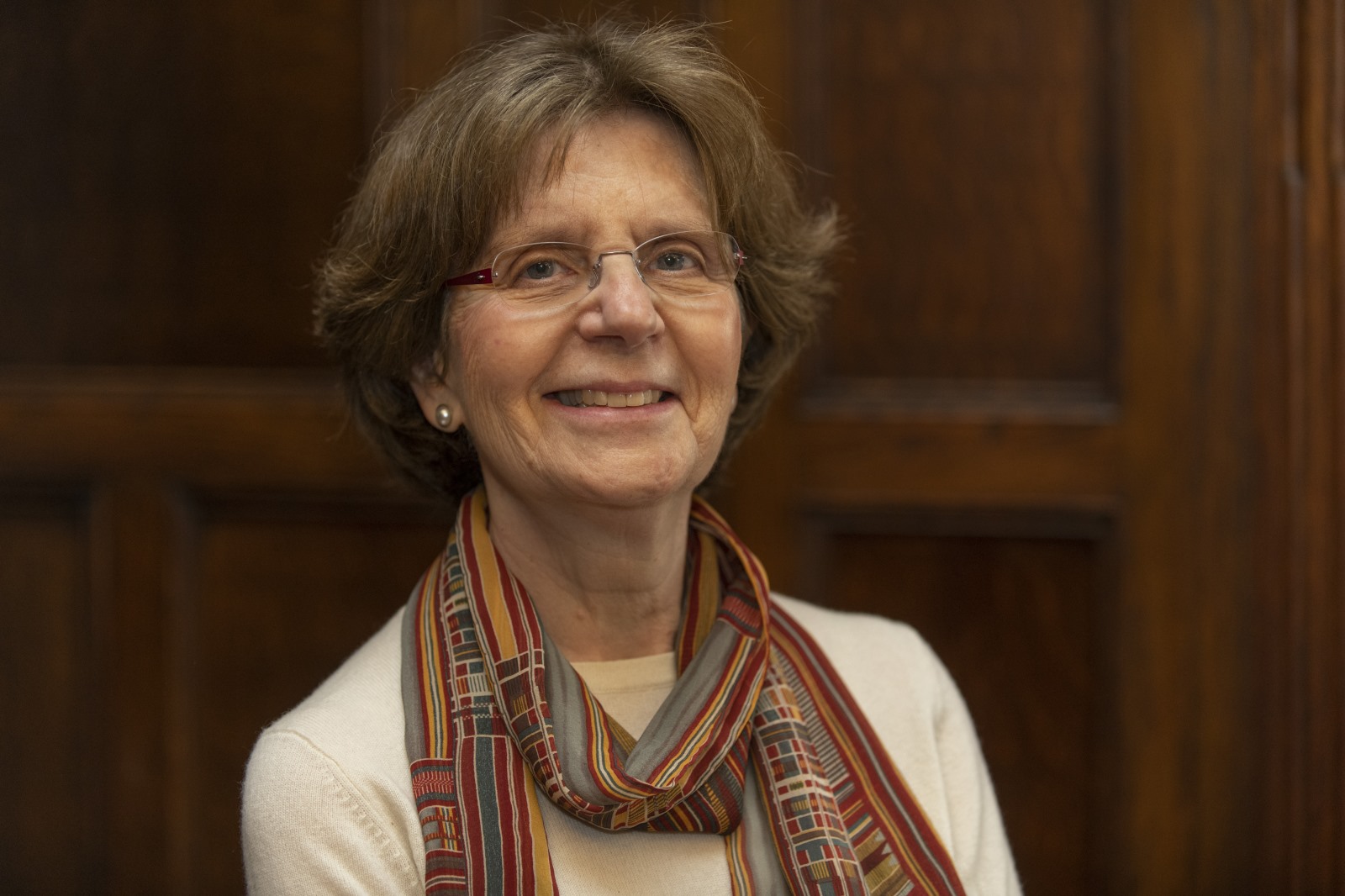
Hundreds of standard English words have recently been eliminated from U.S. government websites, and many -- "diversity" "disability" "gender" and even "woman" -- are stigmatized when they occur in research applications. It reminds us of Orwell's 1984, where word definitions were reversed. That certainly happens today as well. And scholars have responded by defending the meanings of many such targeted terms. But notice that unlike curses and slurs, only some uses of these terms are at issue: not the diversity of paint colors; not the disabled car on the road. In fact, today's repression targets not word definitions but certain ways of using language. Rather than semantics alone, we must mobilize the social sciences of language and political economy to understand our situation. In the US, in Hungary, and around the globe, authoritarian regimes engage in sophisticated discourse tactics that rely on relative control of mass media, followed by several further communicative steps. They construct a unified discourse, and then create an indexicality for it: the person-type, a unified enemy image, that supposedly uses this homogenized discourse. The regime-created discourse and image are then projected onto real-life researchers. This erases the lively discussions and strong disagreements of scholarly life. It undermines our authority as researchers. Most disturbingly, it sets the stage for political intimidation of intellectual life. This repressive tactic has little to do with definitions; it works by changing discourse indexicalities. In this presentation I look closely at Hungary as an ethnographic example, describing how the indexicality of discourses around "gender" is being changed by regime tactics so that those who study and write about gender are no longer authoritative experts on social life, but are depicted as a "danger" to women, to the nation, and to civilization.
Susan Gal is Mae and Sidney G. Metzl Distinguished Service Professor at the University of Chicago, a member of the Departments of Anthropology and Linguistics. She is the author of Language Shift, and co-author of The Politics of Gender after Socialism. Her most recent co-authored book Signs of Difference: Language and Ideology in Social Life won the Sapir Prize of the Society for Linguistic Anthropology in 2021. In numerous articles, she has written about the political economy of language, multilingualism and empire, language shift and variation, and the semiotics of many kinds of social differentiation in everyday life. Her continuing ethnographic work in eastern Europe explores the increasing influence of right-wing discourses in curtailing everyday social relationships as well as linguistic practices in mass media, and the effects of authoritarian tactics on the institutional bases of intellectual life.
Language and Literacy Assessment for Young Multilingual Learners: Myths, Challenges, and Promises
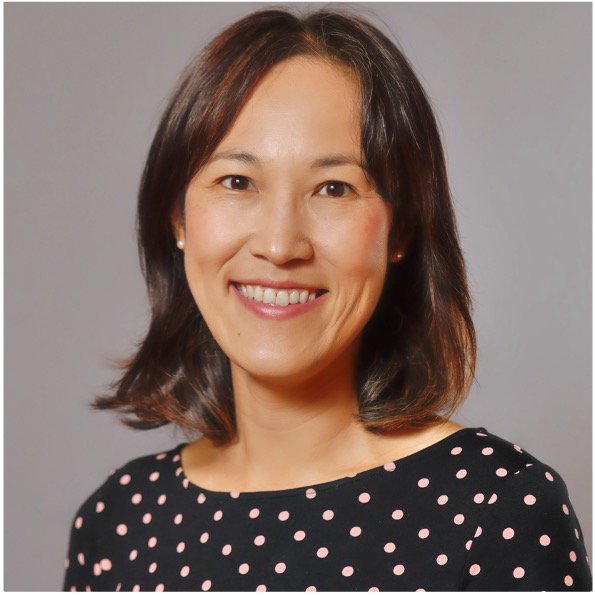
Due to globalization and immigration trends, the number of children growing up learning more than one language has increased rapidly worldwide. These multilingual learners may acquire an additional language through either majority language immersion contexts or formal instructed learning contexts. This growing population underscores the pressing need for fair and effective assessments of their language and literacy development. Assessments of language and literacy development also carry significant implications for educational equity and practice. This talk focuses on the assessment of K-12 multilingual learners, encompassing evaluations of both English and languages other than English. I will begin by addressing common myths surrounding language and literacy assessment for this population, followed by an exploration of three key challenges faced by educators and researchers: (1) the heterogeneity within the young multilingual population, (2) the complex connections between language and content knowledge, and (3) the difficulty of distinguishing between typical multilingual development and language learning difficulties. Finally, I will discuss future directions for multilingual assessment, with particular attention to the role of technology in shaping modern assessment practices.
Becky Hsuanhua Huang is a Professor in the Department of Teaching and Learning at the Ohio State University and a faculty associate at the Crane Center for Early Childhood Research and Policy. She is also affiliated with the East Asian Studies Center and the Graduate Interdisciplinary Specialization in Second Language Studies. Trained in applied linguistics and educational psychology, Dr. Huang specializes in language and literacy development and assessment, particularly among young multilingual learners. Her research has been supported by federal agencies, including the National Institutes of Health and the Institute of Education Sciences as well as private foundations such as Educational Testing Service and the Language Learning Journal. She has also received funding from the U.S. Department of Education to support teacher professional development and to lead a summer study abroad program for pre-service teachers. Dr. Huang has published extensively in applied linguistics and education research. She currently serves an Associate Editor for Educational Assessment, and is an active editorial board member for Language Testing, TESOL Quarterly, and other leading journals. Her contributions have been recognized with several awards, including the 2023 Mid-Career Award from the American Educational Research Association (AERA).
Applied Linguistics and the Law: Synergy in Research and Practice
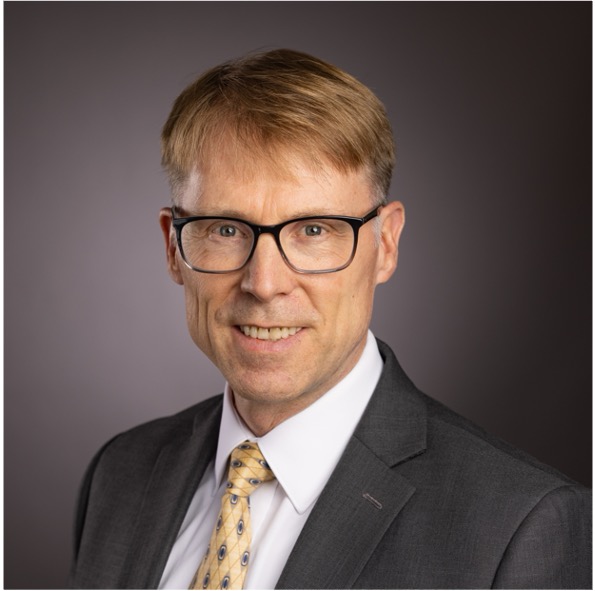
Due in large part to the successes of recent collaborations between applied linguists and legal professionals, lawyers and judges are increasingly recognizing the value of linguistic analysis and seeking expert testimony from applied linguists. Importantly, applied linguists’ participation in legal processes benefits not only the legal system but also the field of applied linguistics. Understanding and attempting to solve language-related problems that arise in the legal domain can lead applied linguists to formulate valuable new research questions, develop new methodological solutions, and generate new empirical findings that will move our field forward.
In this talk, I begin with a brief overview of language and the law, highlighting core areas of forensic linguistics and statutory interpretation. I illustrate the stages of a typical court case and draw attention to the points along that path where linguistic expertise may be relevant, and, when it is, what types of questions linguists attempt to answer. I also offer a few examples of interesting court cases that linguistic experts have been involved in, the methods they have relied on, the evidence they have presented, and the outcomes of these cases.
Building on these themes, I describe how my involvement in court cases and collaborations with fellow linguists, students, and legal professionals has shaped a research agenda where the research priorities of the field of applied linguistics regarding comprehension and comprehensibility intersect with the practical needs of the legal system in relation to Miranda Rights comprehension and the comprehensibility of jury instructions.
Scott Jarvis is a professor in the Department of English at Northern Arizona University, where he holds the title of Stoller-Grabe Endowed Distinguished Chair in Applied Linguistics. Born in Arizona and raised in Missouri, Scott spent two years in Finland as a missionary, where he learned Finnish and developed a keen interest in linguistics. He earned a BA in Linguistics from Brigham Young University, followed by an MA in Applied Linguistics and a PhD in Linguistics from Indiana University, with a concentration in second language acquisition.
He has been a faculty member and department chair in the Linguistics departments at Ohio University and the University of Utah. His research focuses on crosslinguistic influence, lexical diversity, and forensic linguistics. In forensic linguistics, his research primarily examines how nonnative speakers of English comprehend the Miranda warning. His work on language and the law also explores linguistic evidence in confessions and the comprehensibility of jury instructions.
He has authored six books and numerous peer-reviewed articles and book chapters. He is currently Editor-in-Chief of the journal Language Learning.
De-centering Language in Applied Linguistics
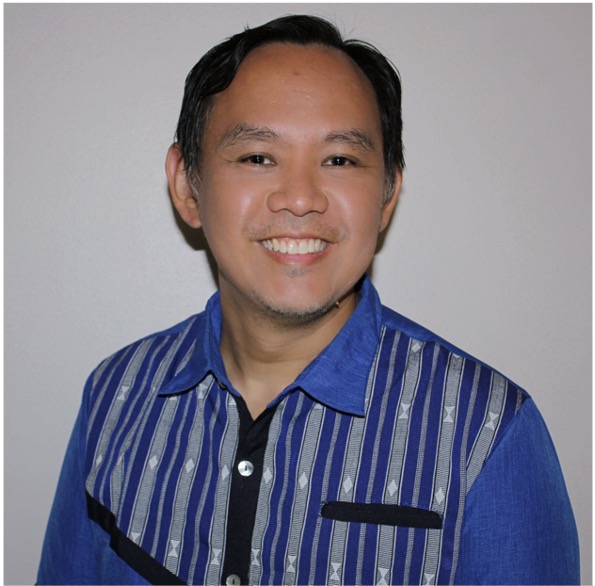
Applied Linguistics is fixated on language, and understandably so since our main concern is to investigate language-related problems and find language-related solutions. But at what cost? If our entry point to exploring social phenomena is language – think of ‘What is the role of language in…?’ – what does our de facto privileging of language mean to our research and the production of knowledge in our field? In this presentation, I explore the possibilities of de-centering language in applied linguistics where we begin not with language, but with the people and communities who use ‘language’. This cuts across different research traditions because even with the ones which are immersive, holistic and context-sensitive, ‘language’ remains the entry point of investigation. I then unpack the political and ideological ramifications of such an exploration for citation politics and knowledge production. This talk does not have any illusions of articulating something new or different. My aim is to explore the ontological and epistemological implications for centering — and de-centering — ‘language’ in our work. What does it say about the world we are researching if our entry point to this world is 'language'; and how might things be different in our research practices if we de-centered language from our study of language?
Ruanni Tupas is an Aklanon/Filipino scholar specializing in language education, multilingualism, and the politics of knowledge production. He is an Associate Professor of Sociolinguistics in Education at the Centre for Applied Linguistics, Institute of Education, University College London. He has taught at the University of the Philippines in Diliman, the National University of Singapore, and the National Institute of Education, Nanyang Technological University. He has worked extensively in teacher education across Southeast Asia, focusing on Unequal Englishes, multilingual pedagogies, and postcolonial language policies. He is also an Associate Editor of the International Journal of the Sociology of Language. Actively engaged in public scholarship, he has spoken on Unequal Englishes with Michael Rosen on BBC Radio, collaborated on a multilingual advocacy video with Filipino pop group ALAMAT, appeared on podcasts, and is regularly consulted and cited in global op-eds and features on the politics of language. Recently, he co-delivered a master class in Sociolinguistics in Education with the National Educators’ Academy of the Philippines, attended live by over 30,000 educators, with more than 100,000 earning Continuing Professional Development units.
https://www.bbc.co.uk/sounds/play/m001vsdp
The Power of Language: Consequences of Bilingualism and Multilingualism for Cognition and the Brain
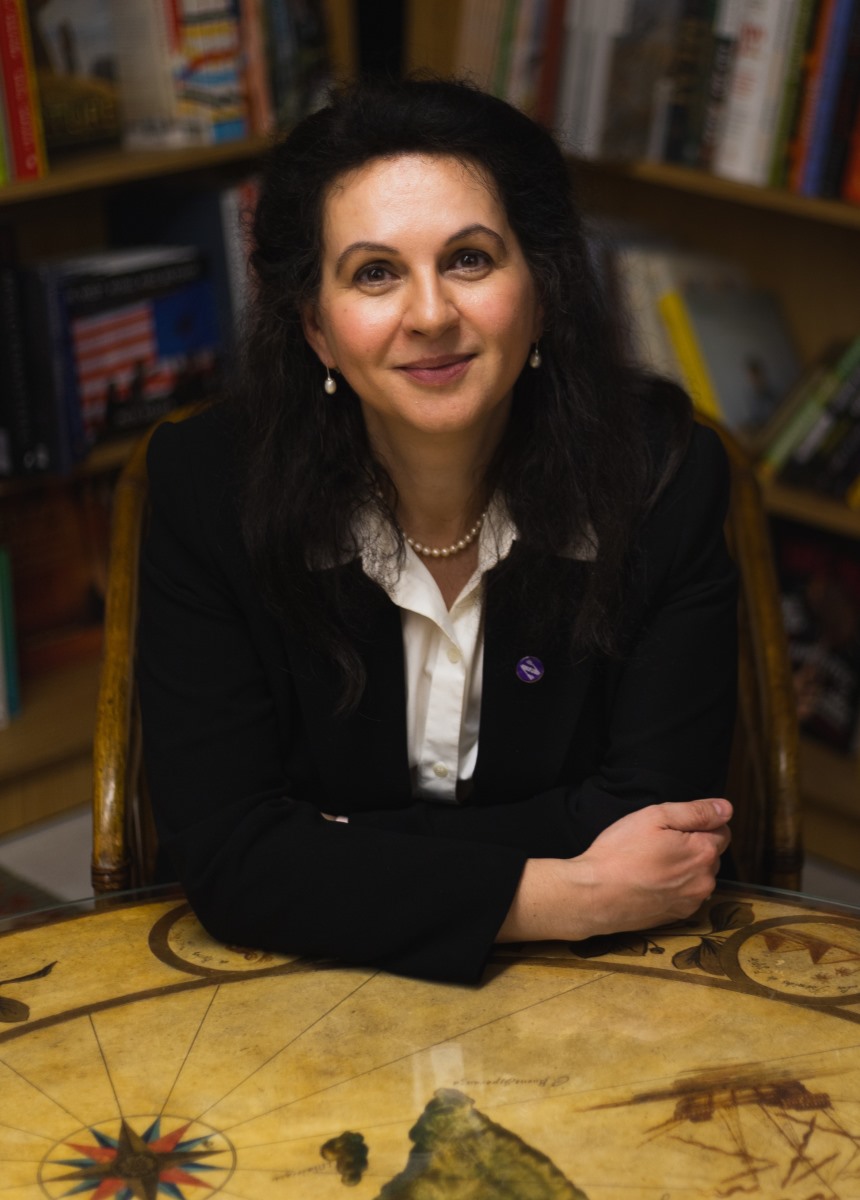
Bilingualism and multilingualism are the norm rather than the exception in the world. Yet historically, scientific research has focused disproportionately on monolingual speakers as the standard. For an accurate understanding of the mind and brain, we must recognize the brain’s ability to accommodate multiple symbolic system simultaneously as the signal, rather than the noise, in the human experience. In this talk, I will present evidence showing how multilingualism reshapes the mind and brain. The old view that bilinguals activate languages sequentially, switching between the two, has been replaced by a new understanding that bilinguals co-activate their languages in parallel. When they listen, read, or prepare to speak, words and structures from all the languages they know are activated to some degree and influence each other in the mind.
My research integrates behavioral, neuroimaging, and computational approaches to capture this continuous parallel activation and its consequences for the cognitive architecture ranging from perceptual processes to higher-order thinking. Behavioral methods such as eye-tracking and mouse-tracking reveal that bilinguals’ eye movements drift toward objects whose names overlap across languages, and their hand movements veer toward alternatives activated by another language. Neuroimaging shows that managing multiple languages reshapes the brain over time, leading to measurable adaptations – stronger connectivity in frontoparietal networks, altered gray matter density, and flexibility in neural organization.
The consequences are evident across the lifespan. In children, early exposure to multiple languages fosters metalinguistic awareness and sensitivity to communicative context. In adults, bilingualism has been linked to changes in memory, executive function, and creativity. In older adulthood, decades of bilingual experience appear to build cognitive reserve, with delayed onset of dementia symptoms and reduced risk of cognitive decline. Language is also central to identity, where decisions can differ depending on the language in which they are made: for example, people often take greater risks or adopt more utilitarian positions in a non-native language.
It is necessary to acknowledge that bilingualism is not a uniform experience. Its effects vary with age of acquisition, proficiency levels, and patterns of use. Studying different populations allows us to tease apart which aspects of language experience shape which aspects of cognitive and brain functions. I will conclude by suggesting that by studying the interaction between language and cognition in multilingual cognitive, neural, and computational systems, we can gain a more accurate understanding of humanity’s potential.
Viorica Marian is a psycholinguist who studies the interaction between language and cognition in multilingual cognitive, neural, and computational systems. She is the Sundin Endowed Professor of Communication and Psychology at Northwestern University, where she directs the Bilingualism and Psycholinguistics Lab, supported by NIH, NSF, and private foundations. Dr. Marian was Chair of the National Institutes of Health Study Section on Language and Communication and Chair of the Northwestern Department of Communication Sciences and Disorders and is a Fellow of the American Association for the Advancement of Science and the Psychonomic Society. She is the recipient of the AAAS John McGovern Award, the Psychonomic Mid-Career Award, the Clarence Simon Award for Outstanding Teaching and Mentoring, the University of Alaska Alumni of Distinction Award, and best paper awards from peer-reviewed journals. Marian’s popular science book “The Power of Language” has been translated into 12 languages and her work is frequently featured in the media, including NPR, BBC, The New York Times, The Washinton Post, the Next Big Idea Club, Science Friday, New Scientist, and more. Read about her work at bilingualism.northwestern.edu or vioricamarian.com.
